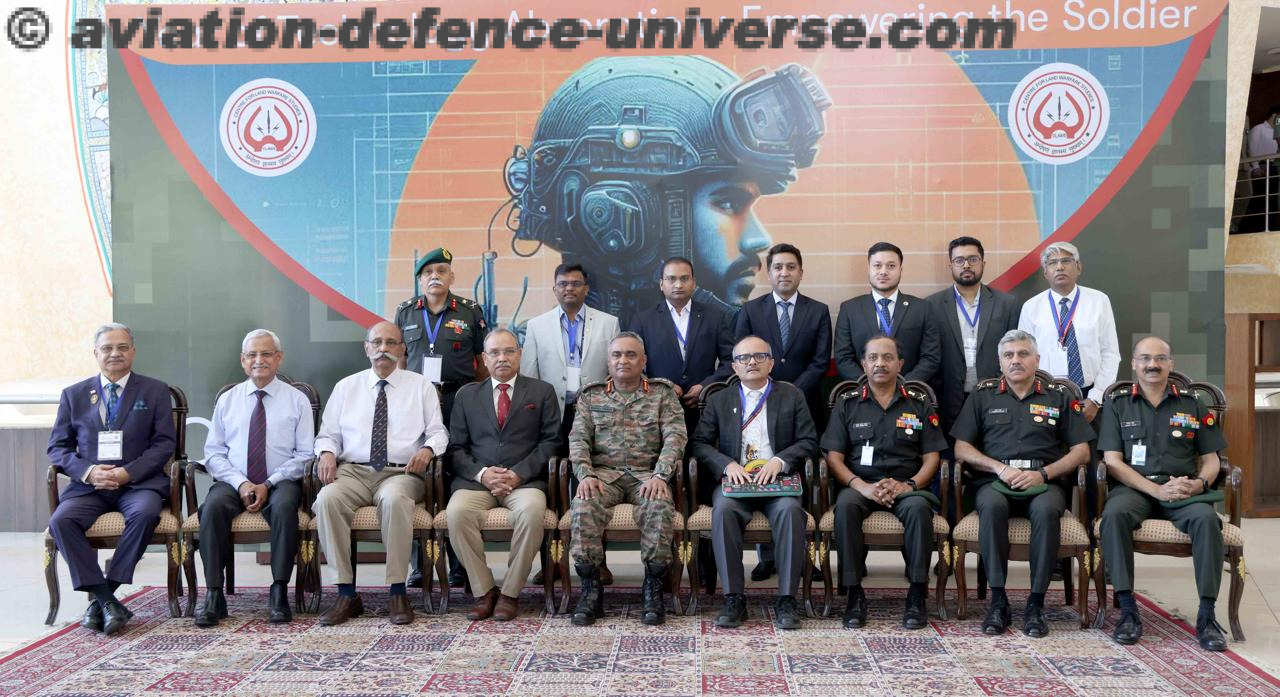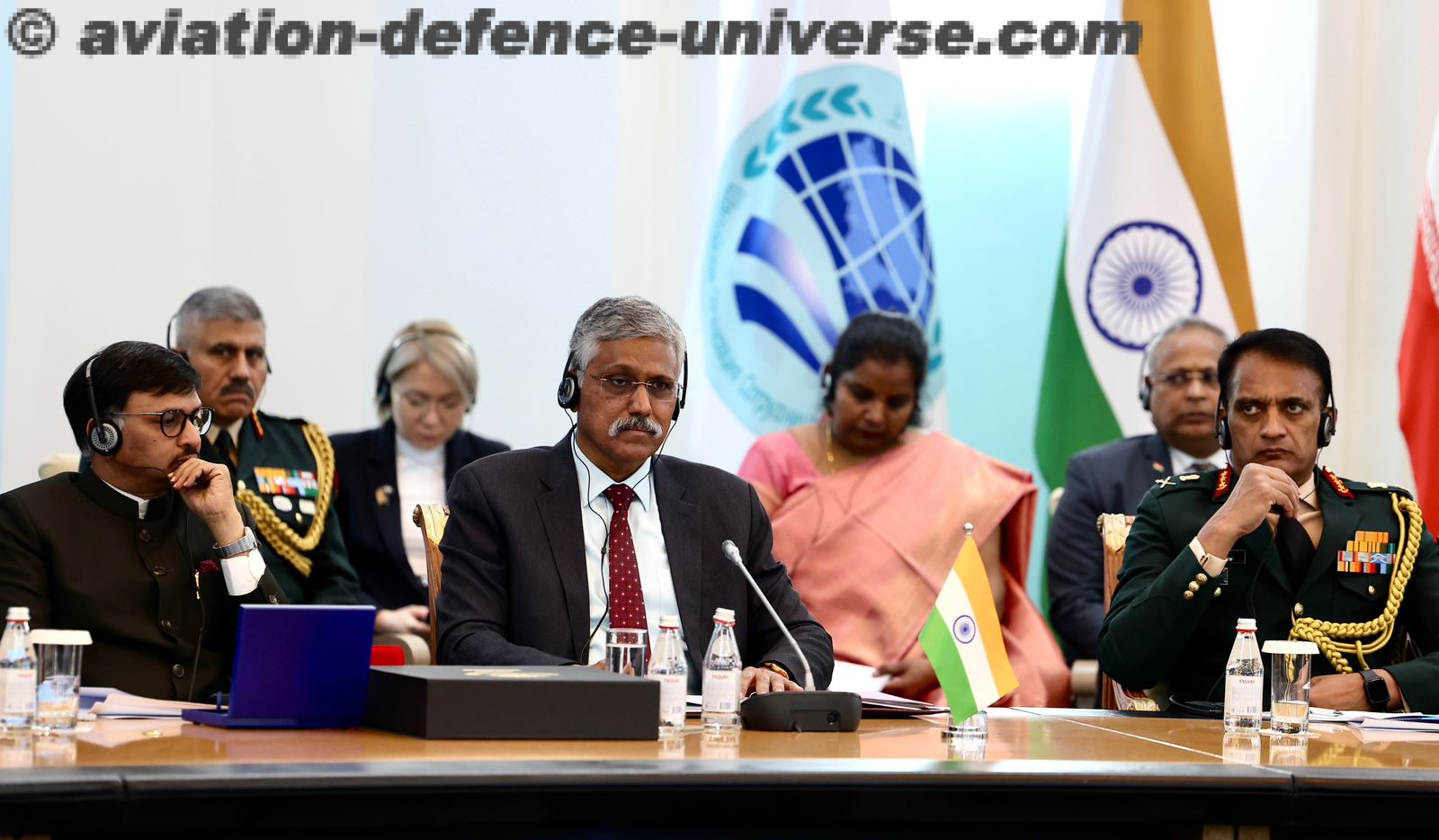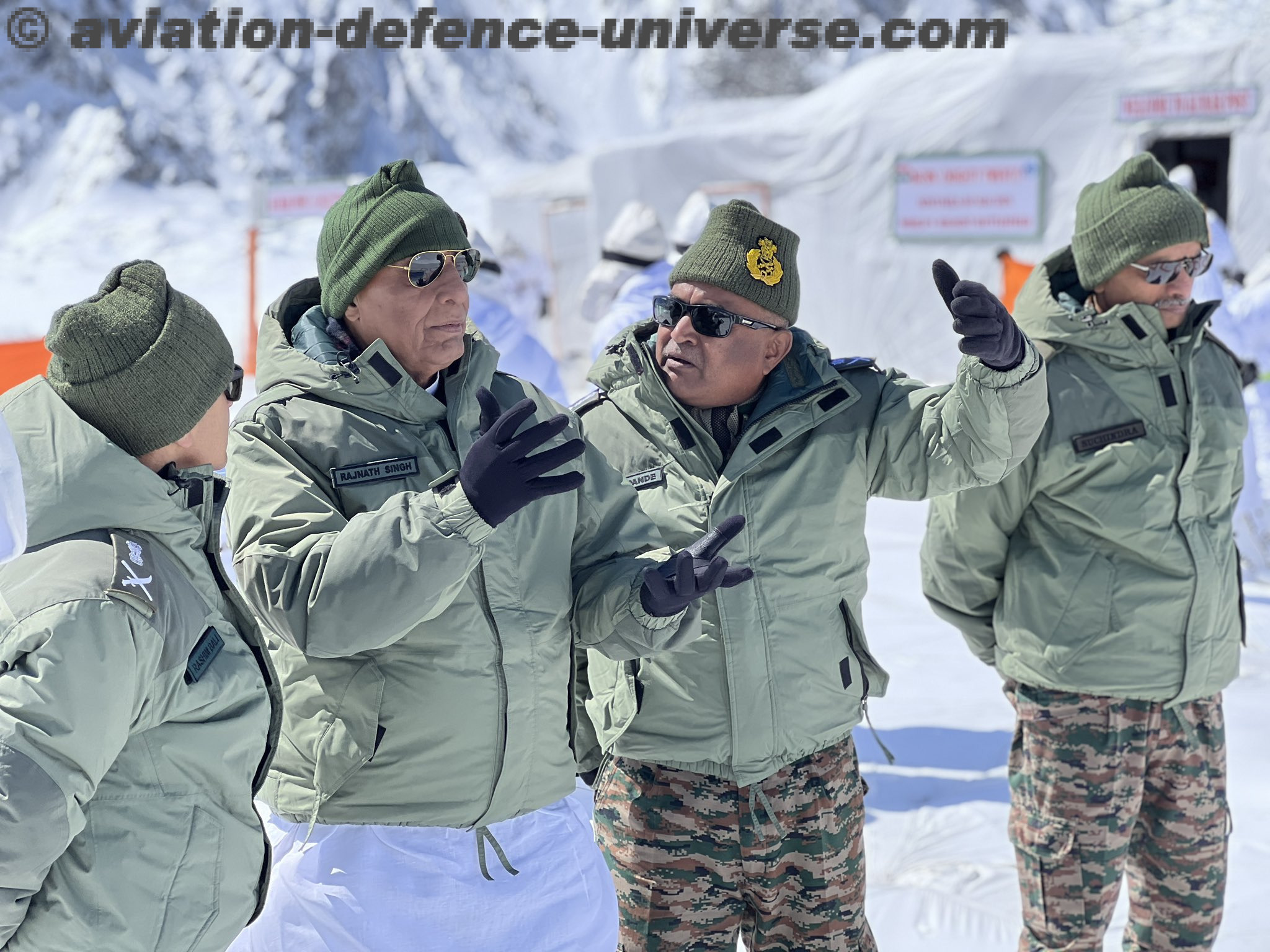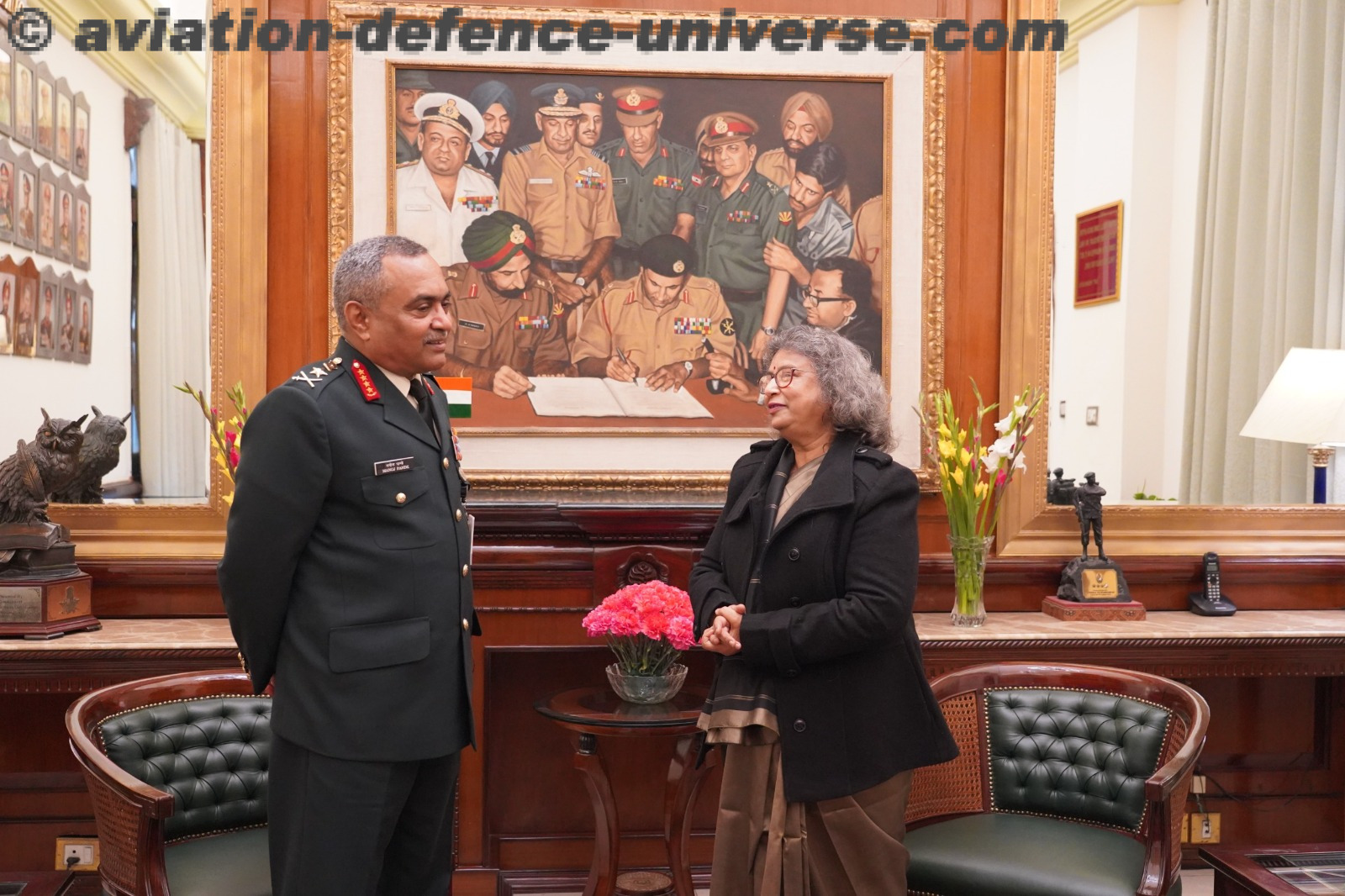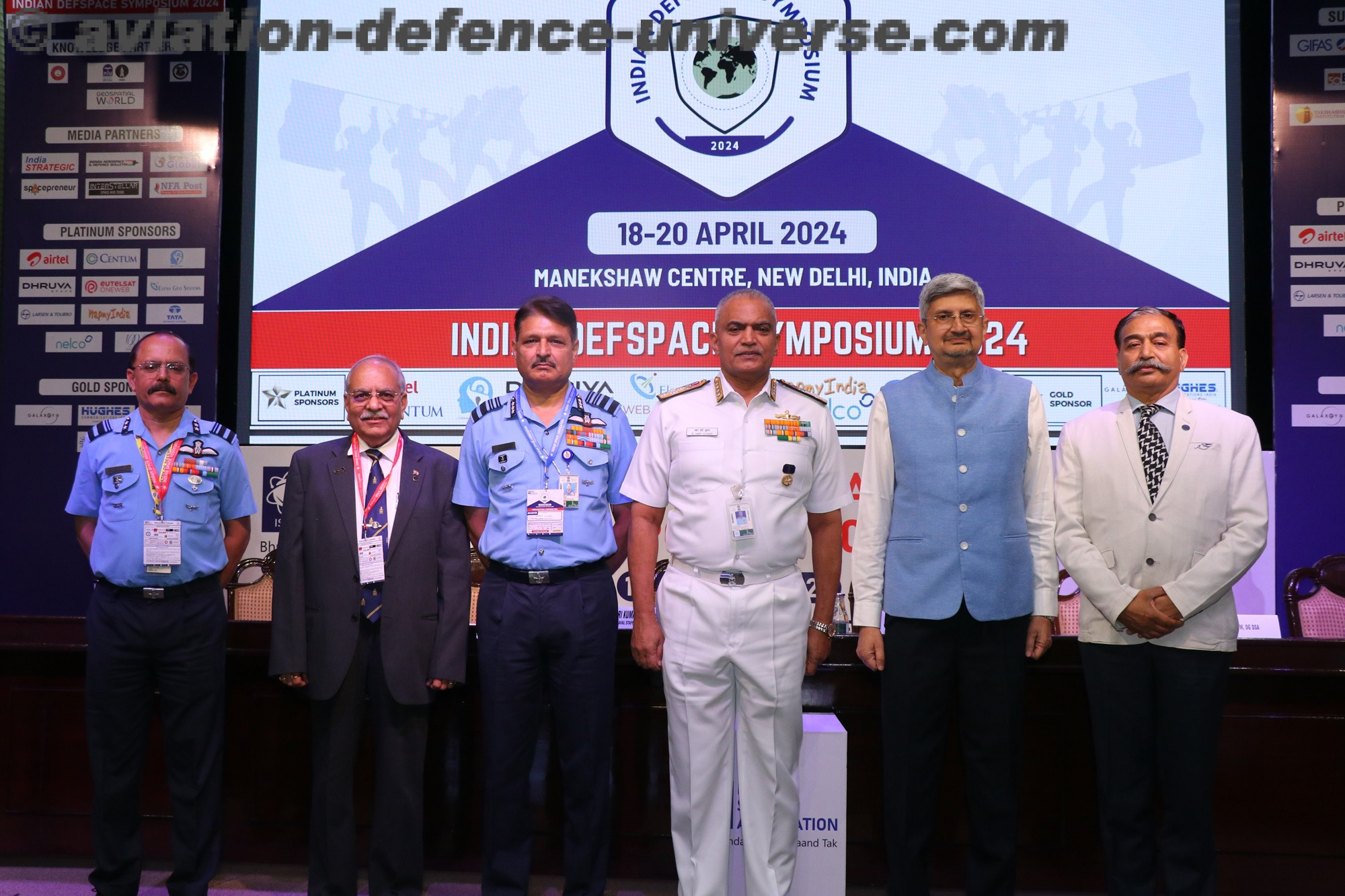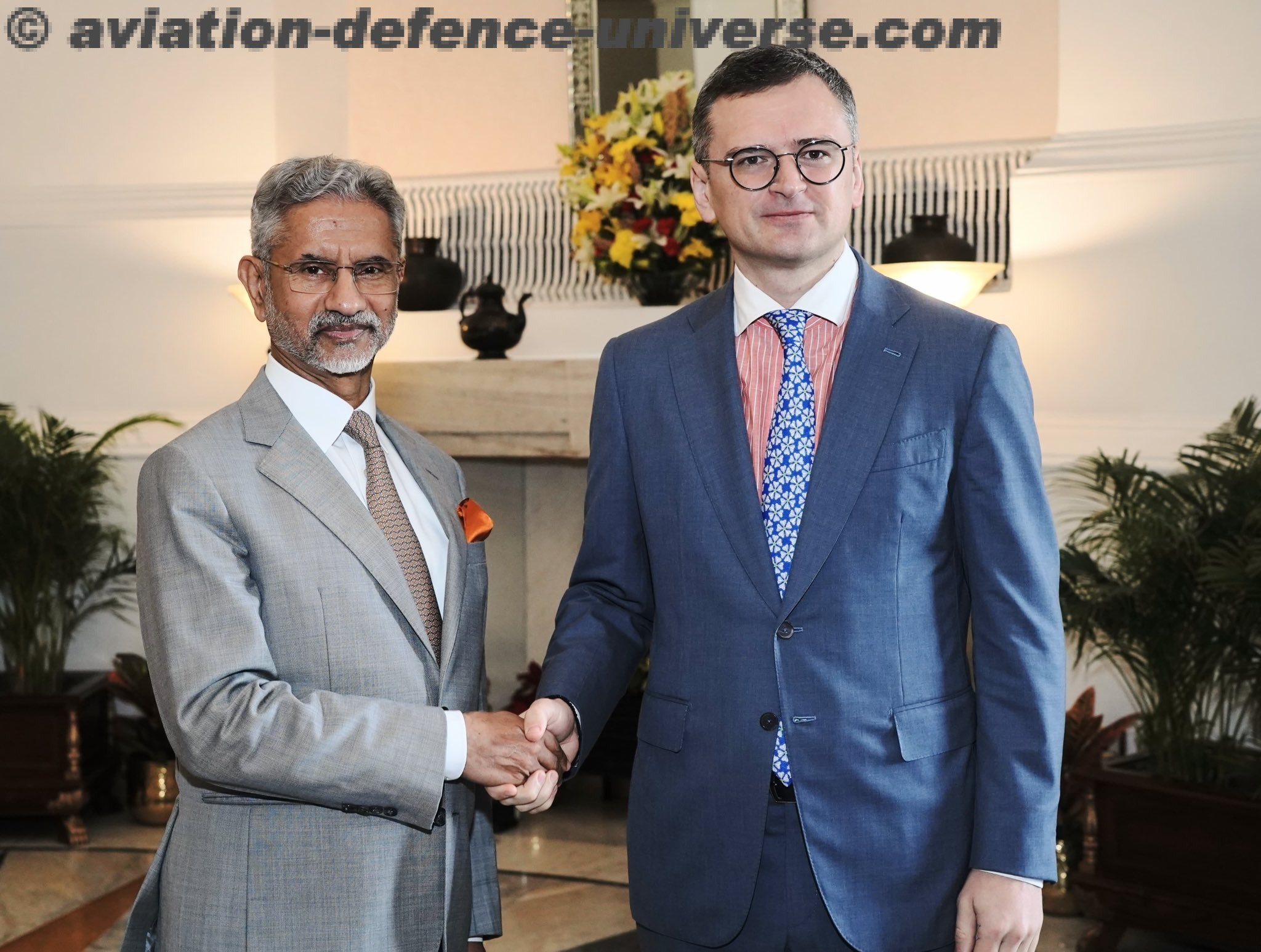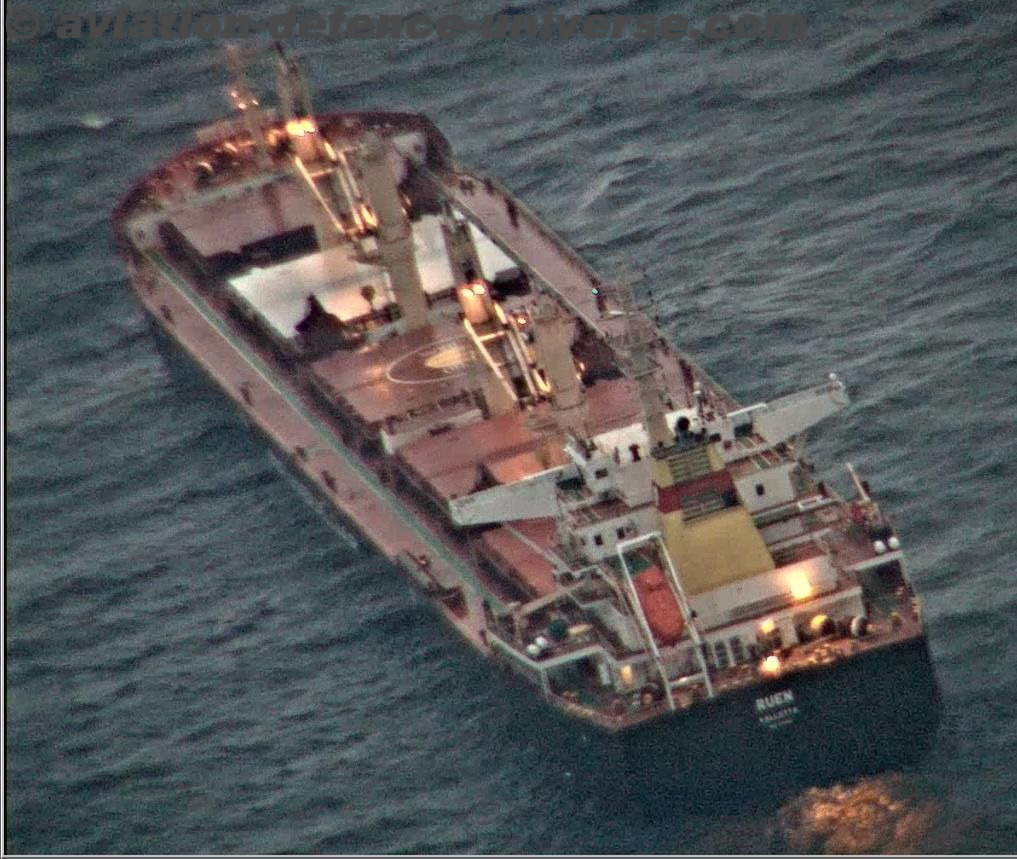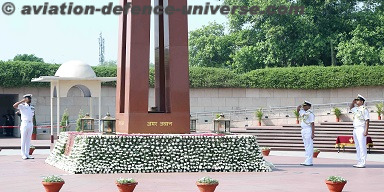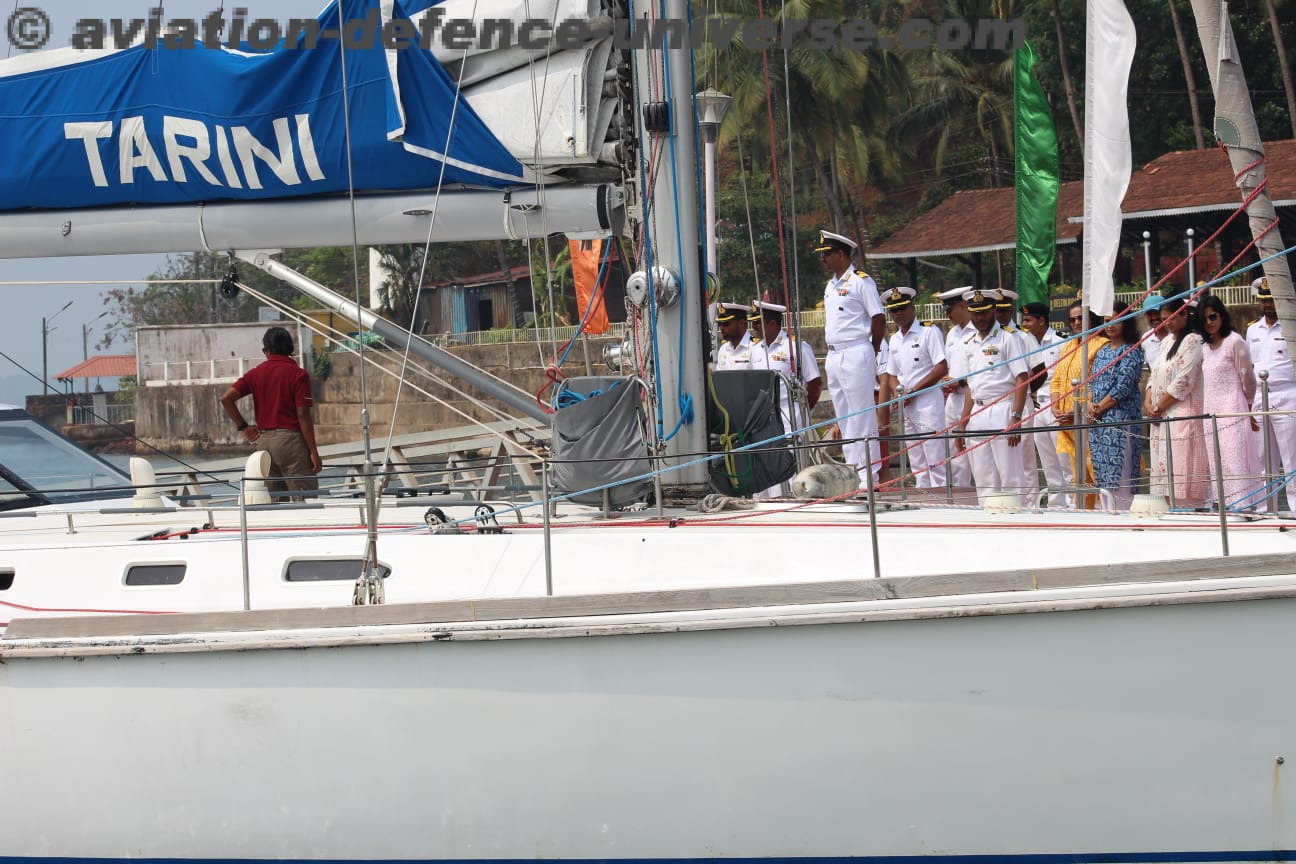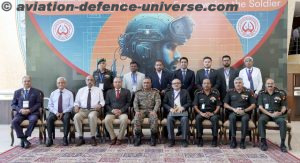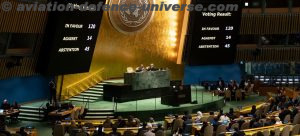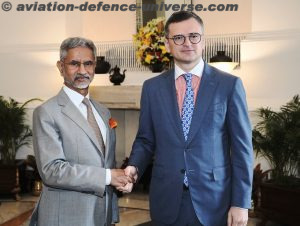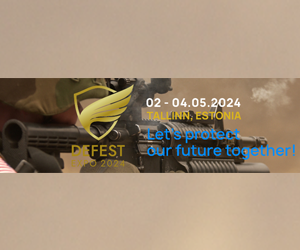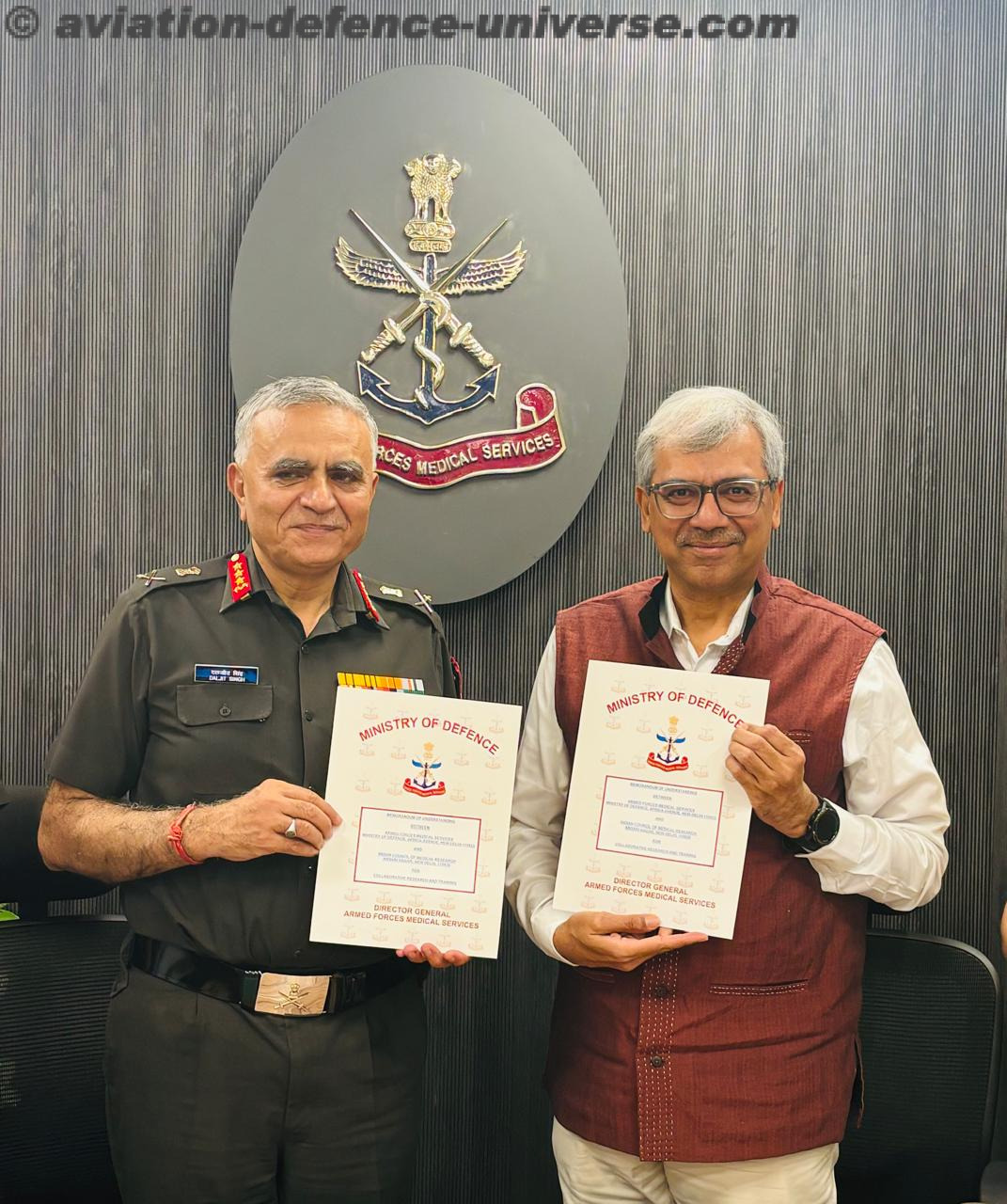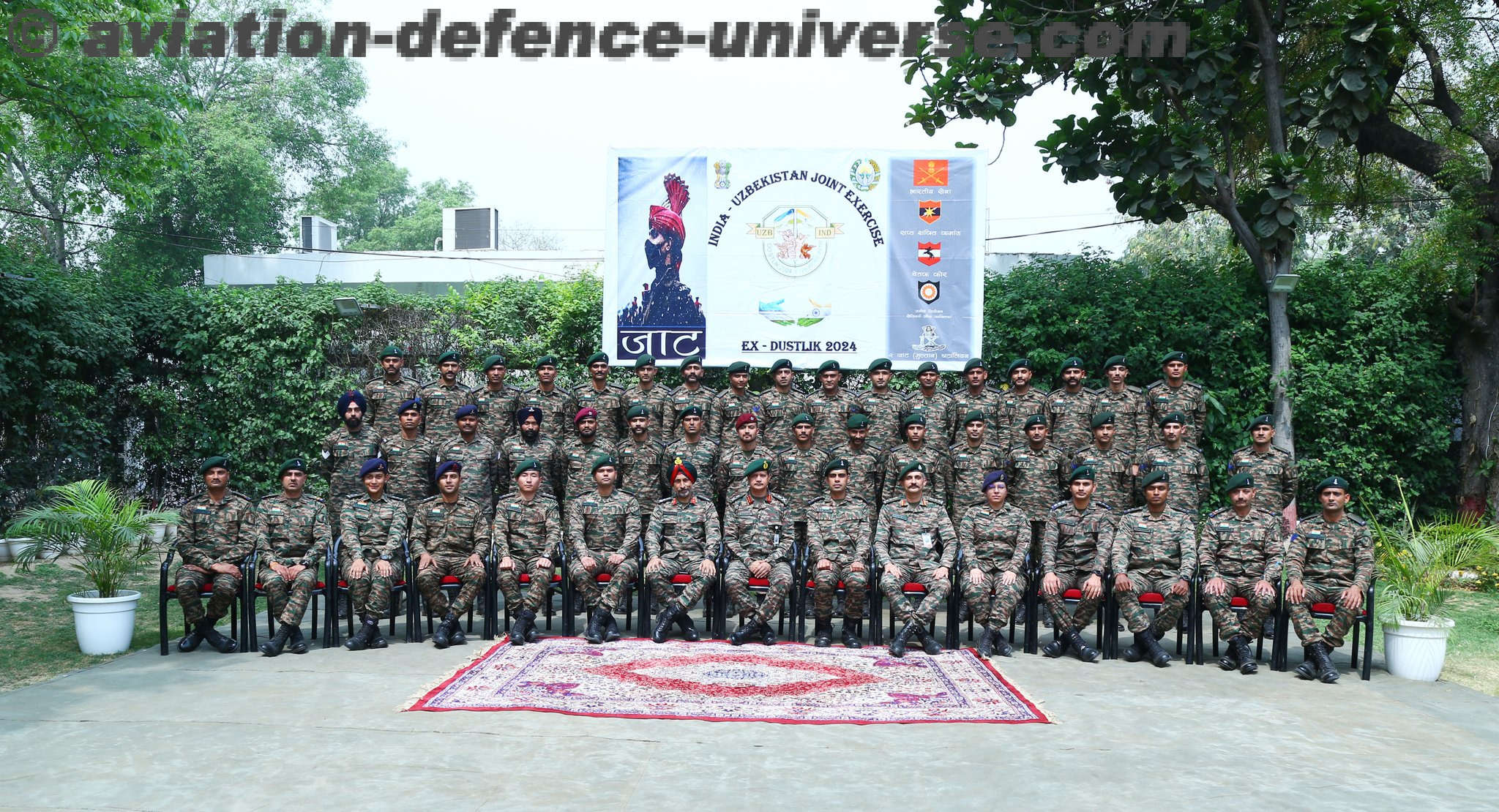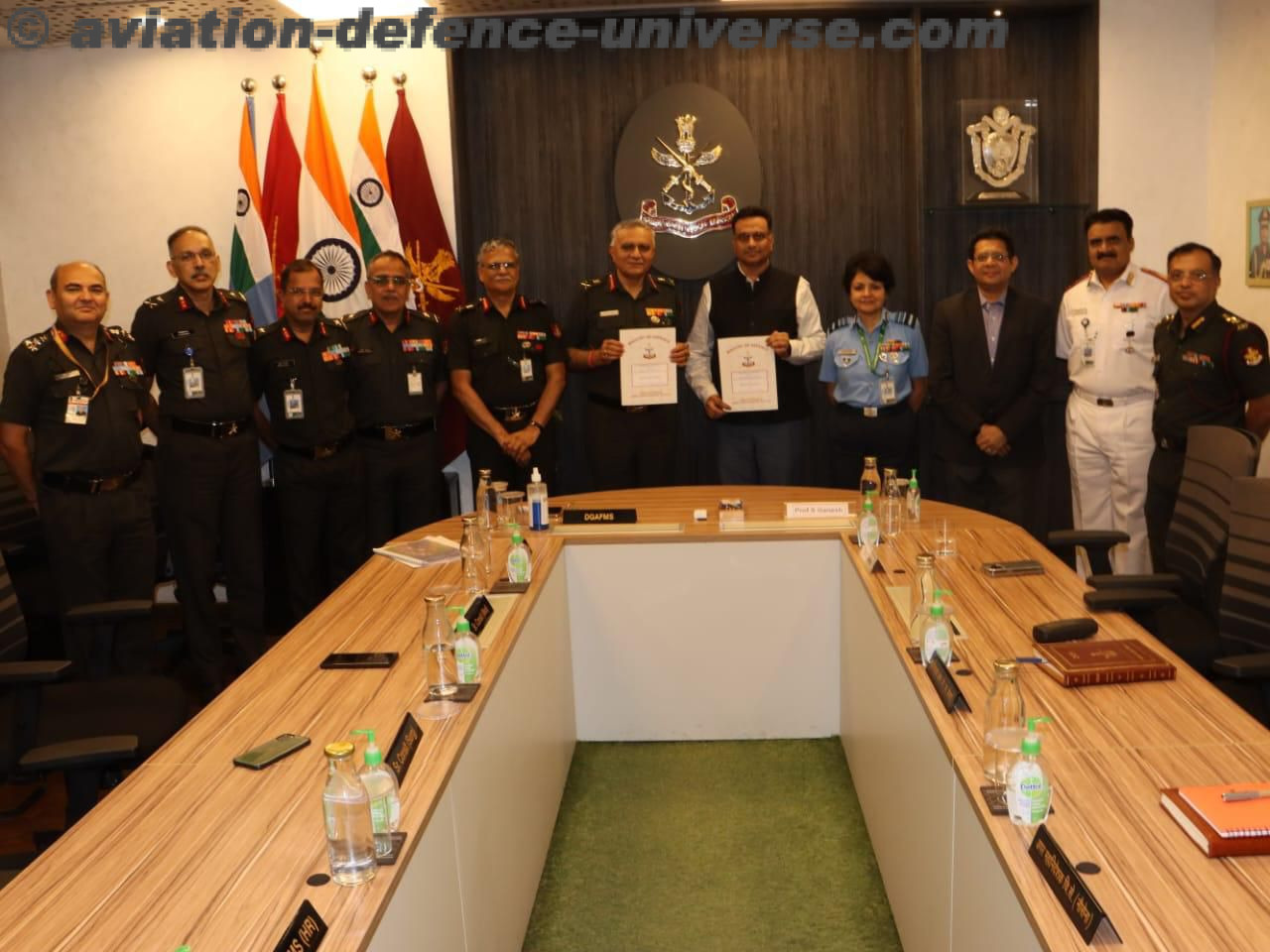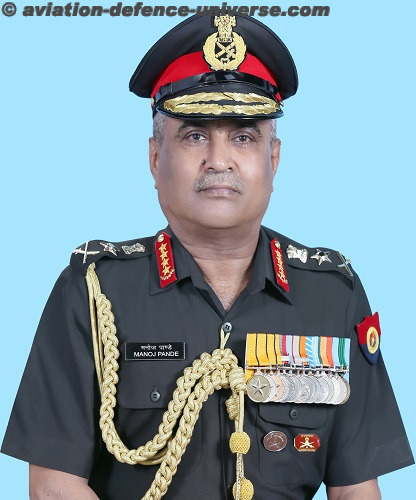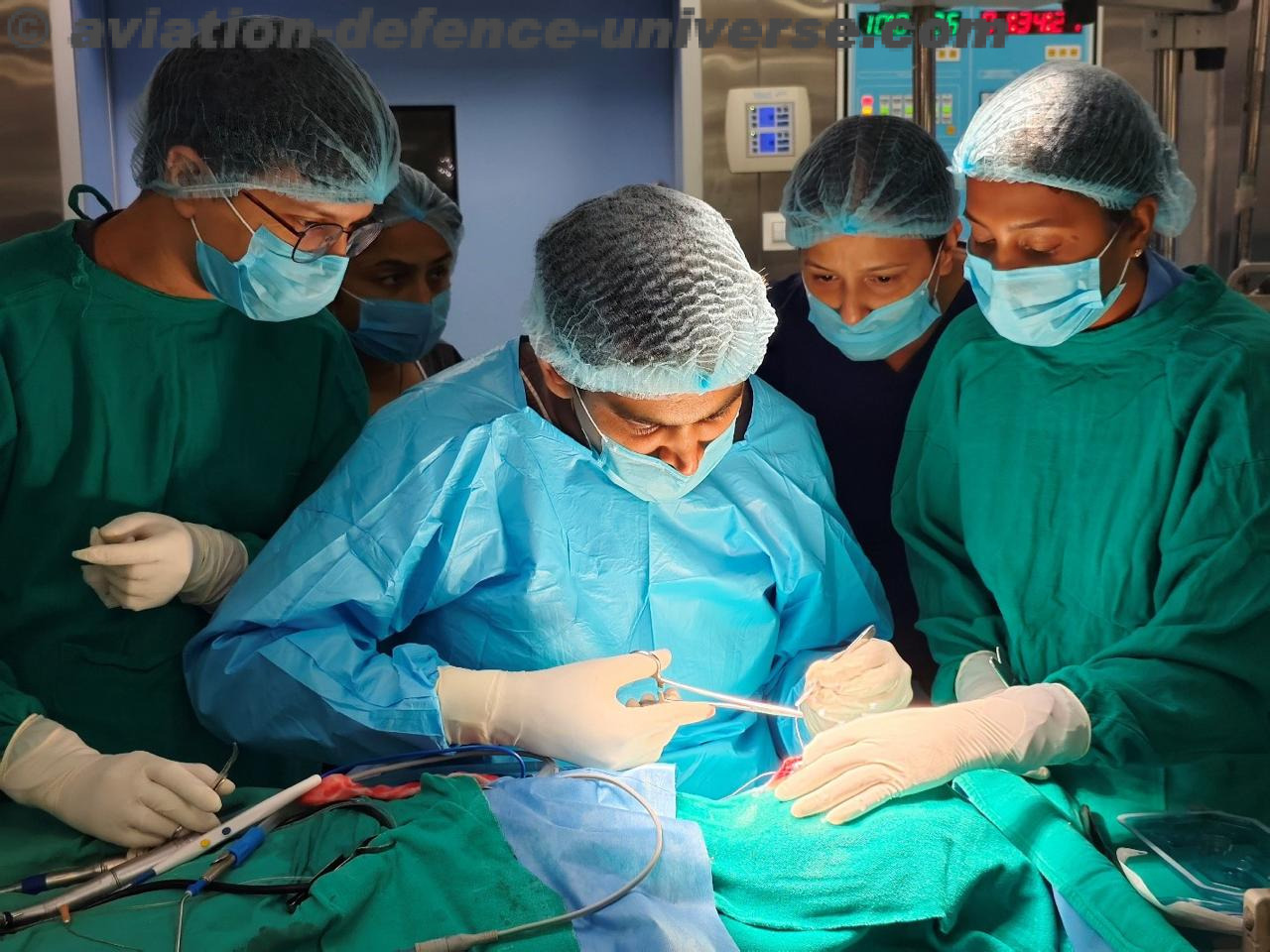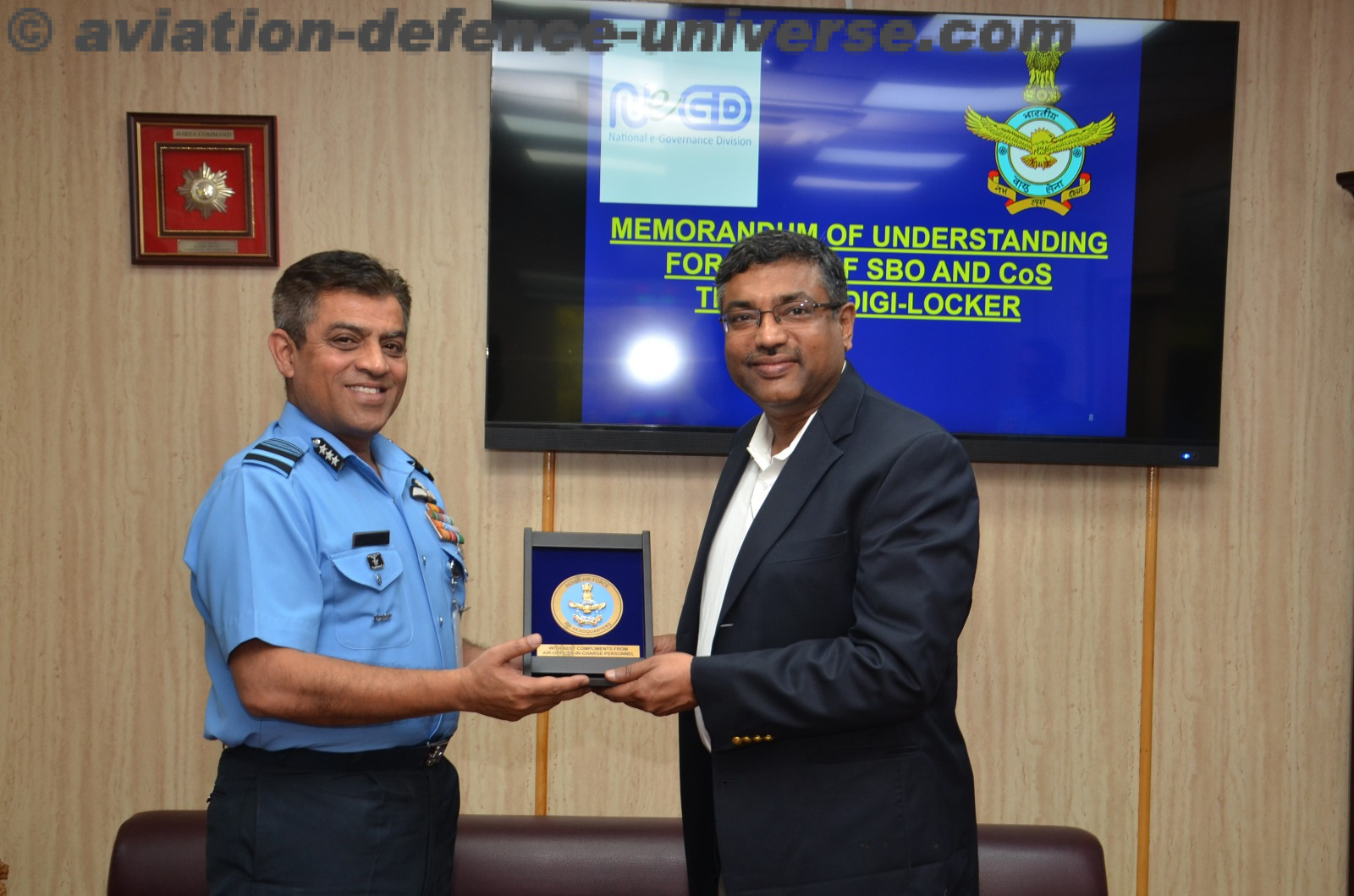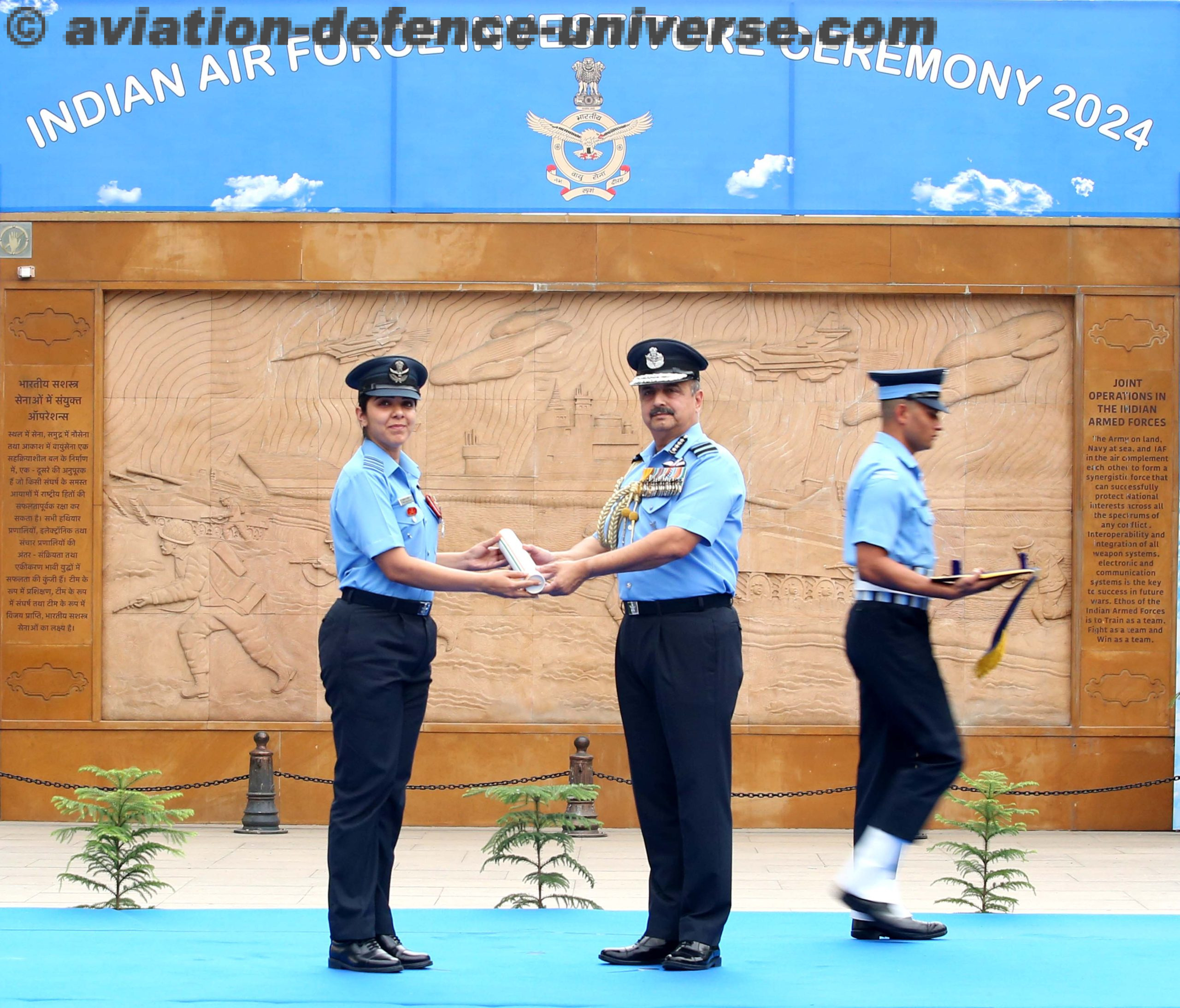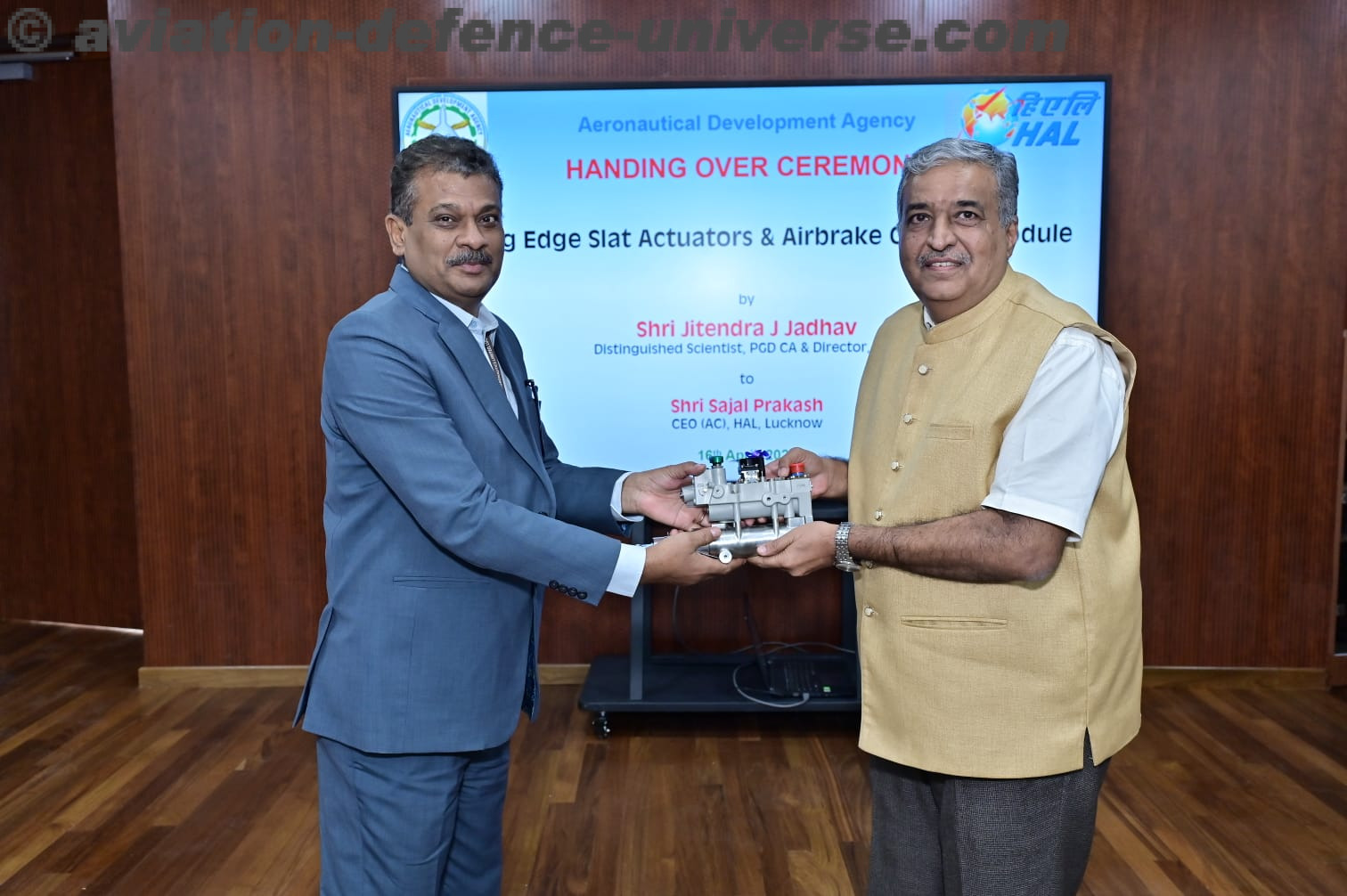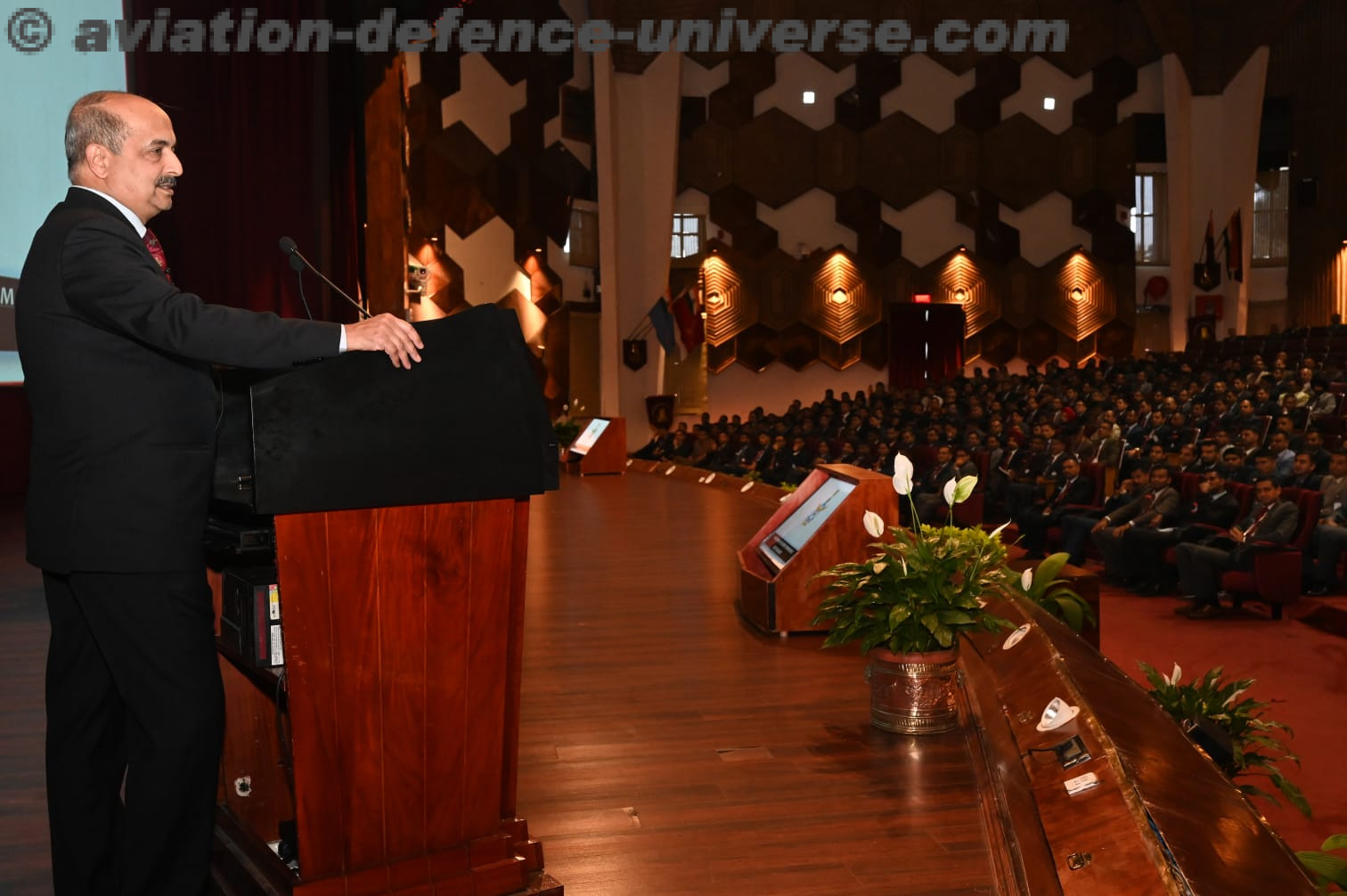
- Is it loosing hold?
- Will it get ousted by 3 Brotherhood Alliance?
- Has China-Myanmar bond weakened?
By Jai Kumar Verma
New Delhi. 29 November 2023. The military junta appointed President Myint Swe stated during a national defence and security council meeting, that, “If the government does not effectively manage the incidents happening in the border region, the country will be split into various parts.” According to an estimate 50 percent of the territory is in control of rebels while in few states it is 70-80 percent. The rebels are destroying and burning government buildings. Few Chinese were also killed. Myanmar’s position is becoming critical as the rebels are gaining control in large areas of the country. The military junta is bombarding the areas but is not able to recapture the lost territory. Myanmar army is facing large number of defections and recruitment is dropping. This is the state of a country in which political turbulence is not new, military rule not a novelty but military getting more and more sidelined is surely unusual.
The Three Brotherhood Alliance, which is also known as Brotherhood Alliance consists of Arkan Army, Myanmar National Democratic Alliance Army, and the Ta’ang National Liberation Army, has initiated Operation 1027 against Myanmar military Junta from 27 October 2023. The alliance was constituted in June 2019, did not violently resisted the military coup in 2021 and only issued a statement. The Brotherhood Alliance started attacks on Myanmar security forces in northern Shan State and in few weeks captured more than 150 military outposts, important cities, and towns. The alliance also got control of strategic highways and roads. The Myanmar army failed to win back the lost territories.
Operation 1027 is important and has far reaching effects. Although the Brotherhood Alliance had not resisted at the time of military takeover, it now has aligned itself openly with the pro-democracy movement. Hence the strength of pro-democracy movement enhanced while the power of military junta dwindled. Although military has superior air and artillery power, it has to stretch itself more than its capacity. The Chinese assistance to military junta has not given the desired result and resistance against junta is becoming formidable. The pro-democracy forces are requesting the democratic world to extend full support to them at this crucial juncture.
With resistance against military increasing, strength of pro-democracy parallel National Unity Government is enhancing. Military is holding cities and towns while the rebels are controlling the rural areas. As military becoming more and more unpopular because of its repressive measures, it is able to control areas only because of its air and artillery power. The rebels have also captured Hsenwi town which cuts the main road to China. Capturing the road which connects China is important as China is an important international supporter to military junta. The Brotherhood Alliance also seized Kawlin, and Khampat both towns near Indian borders. Fighting is also going on at other places including Chin, Kayah, and Rakhine States. The rebels are working in a well chalked out strategy under which they are attacking small towns, strategic roads, and isolated security posts.
The violence is adversely affecting the economic condition of the country. The strength of the military is reducing and the rebels are attacking army convoys and its supply lines. Sanctions imposed by U.S., U.K. and E.U. are adversely affecting Myanmar’s economic condition.
The military junta’s strategy of dividing the rebels on ethnic lines is not working. Myanmar has 135 documented ethnic minorities which is about one-third of the country’s population. Myanmar has a total land area of 677,000 square kilometres and about half of it is inhabited by the minorities. The eight main ethnic groups include Kachin, Kayah, Kayin, Chin, Mon, Bamar, Rakhine and Shan. Out of these groups Bamars (or Burmans) are largest and most powerful as they comprise 68 percent of total population. Burmans occupy most of important positions in bureaucracy, defence forces and even in economy. Burmans are mostly Buddhists while minorities include Christians, and of other religions. The minorities complain about discrimination as well as exploitation and several times have revolted against the rule of Burmans. There are several armed ethnic groups, and they continuously fight against the central rule. Nevertheless, army always tries to generate differences between these ethnic minority groups so that they remain busy in infighting.
The ethnic groups understood the strategy of Tatmadaw (Myanmar military junta) and the Brotherhood Alliance remains intact. It appears that the partners in Brotherhood Alliance might be seeing an opportunity to achieve their old demand of autonomy. The Ministry of Defence of the National Unity Government (NUG) issued a statement that “The moment has arrived for all revolutionary organizations, the forces of the Spring Revolution, and the people to fully engage in the elimination of the military dictatorship and wholeheartedly commit to the establishment of a Federal Democratic Union,”. The fighting was initiated in Shan but soon it spread in Kachin, Sagaing, Chin, Rakhine, Kayan, and Mon. The anti-military rebellion is becoming stronger and gaining ground while the military is becoming weak. Democracy loving people of Bamar community are also opposing the military rule.
In the beginning China was not only supporting overtly the military junta but also maintained ties with the overthrown National League for Democracy party. China also maintained rapport with ethnic armed outfits. However later Beijing realised that U.S. is supporting pro-democracy movement hence it started supporting military regime openly. Beijing also tried to mediate between military regime and democratic forces. Myanmar National Democratic Alliance Army which consists of Kokang Chinese are close to China and a part of Brotherhood Alliance and China tried to mediate through them.
Beijing mostly supported the border ethnic armed outfits through United Wa State Army (UWSA). The outfit has about 20000 to 30000 fighters and it is the most powerful group in Myanmar. UWSA controls Wa state and towns along China and Thai borders. However, China is losing control and Brotherhood Alliance has decided that Myanmar Army must hand over power. It is a set back to China as now China expects more refugees. Chinese Foreign Ministry spokesperson Mao Ning issued a statement that also said that “China calls on relevant parties to settle disputes in a peaceful manner through dialogue and consultation, avoid escalation of the situation, and take effective measures to ensure the security and stability of China-Myanmar border areas.” Myanmar Defence Minister met Chinese military officials and Chinese Minister of Public Security also visited Myanmar to discuss the issue. Chinese Assistant Foreign Minister also visited Myanmar in first week of November and requested military junta to cooperate on border security. Although Beijing has not made its position clear, but it appears that it is weighing the situation and would keep both the options open.
India’s four states namely Arunachal Pradesh, Nagaland, Mizoram, and Manipur shares 1,600 kms border with Myanmar. According to official figures 35,000 refugees have already entered India, since army took over Myanmar in 2021. Myanmar nationals can enter 16Km in Mizoran under the Free Movement Regime. Hence India expects influx of refugees if the internal conflict continues in Myanmar. The influx of refugees would create more problems in Manipur which is already facing law and order problem. Besides law-and-order problem the smuggling of drugs would also enhance.
Indian Army has close contact with Myanmar Army, however the belief that only Myanmar Army would control the terrorist groups which are attacking Indian forces may not be a pragmatic belief. In past Myanmar Army helped Indian forces in eliminating terrorist outfits but Myanmar has not cleared out all terrorist outfits like Bhutan and Bangladesh. Hence India should reduce its dependency on Myanmar Army. India’s belief that Myanmar Army would help in containing China is also not true.
At present Myanmar is facing a protracted low intensity conflict like Libya and Syria. This conflict may continue for years, and it would not only destroy the economy of the country, but it would have adverse effect on India.
With military junta failing, international community should pressurise it to restore democracy and senior leaders of political parties including Aung San Suu Kyi should be released from the prison. Military junta should hold a free and fair election under supervision of international experts. Once democratic government comes to power, constitution should be amended in such a way that the interference of military junta in civil administration finishes, so that in future the army does not stage a coup and depose the duly elected government.
United States and other western countries can initiate negotiations with the military junta that if it hands over power to the democratically elected representatives, the economic sanctions can be withdrawn. U.S. should also try to convince China that it should stop assisting the military regime.
Myanmar army should restore democratic rule in the country, constitution should be amended so that minorities get their due representation. If minorities get their rights, partition of the country can be avoided as at present rebels do not want to secede from Myanmar. They are fighting for limited autonomy as well as for establishment of democracy in the country.
(Jai Kumar Verma is a Delhi-based strategic analyst and member of United Services Institute of India and The Manohar Parrikar Institute for Defence Studies and Analyses,. The views in the article are solely the author’s. He can be contacted at editor.adu@gmail.com)







